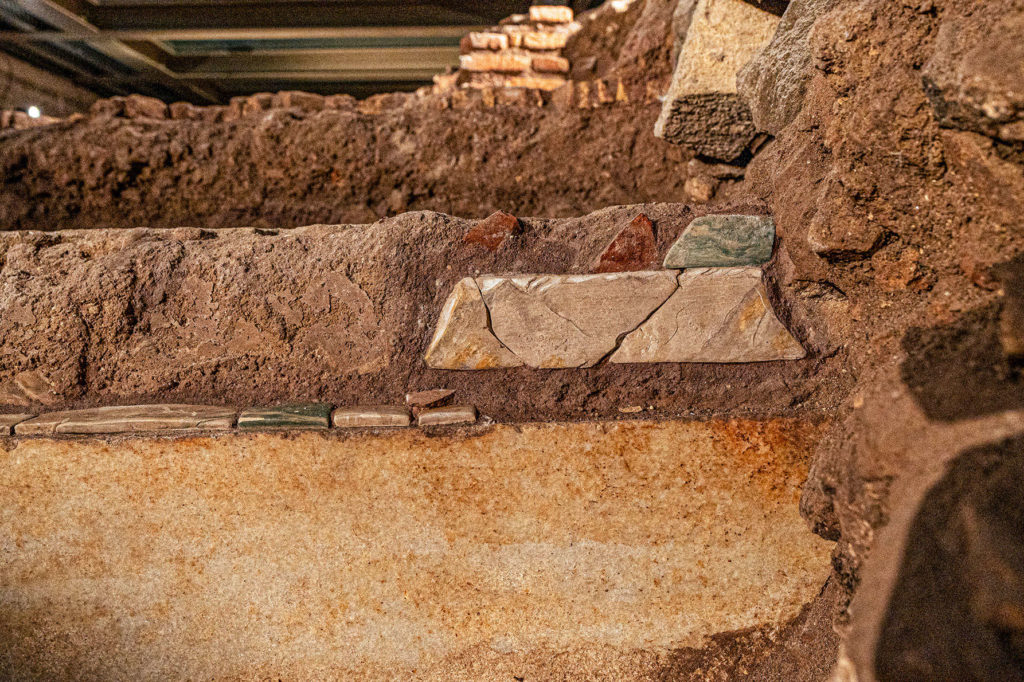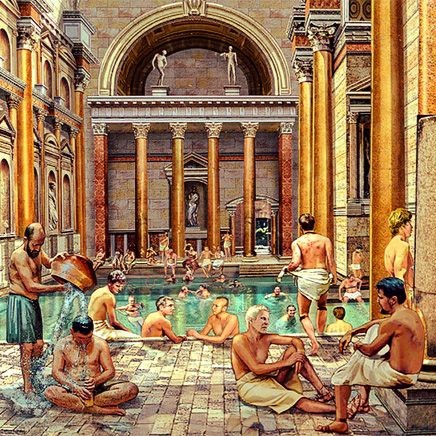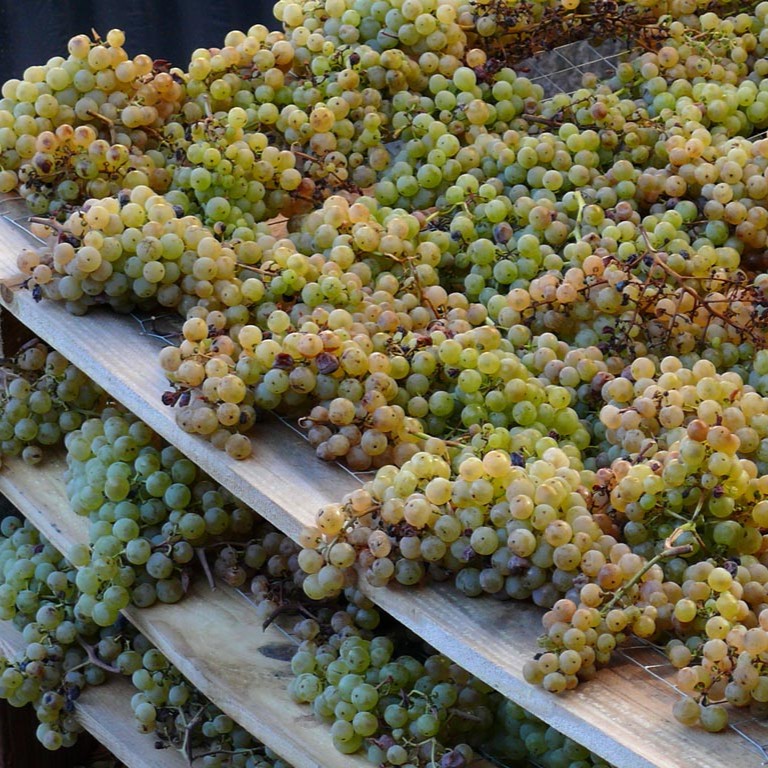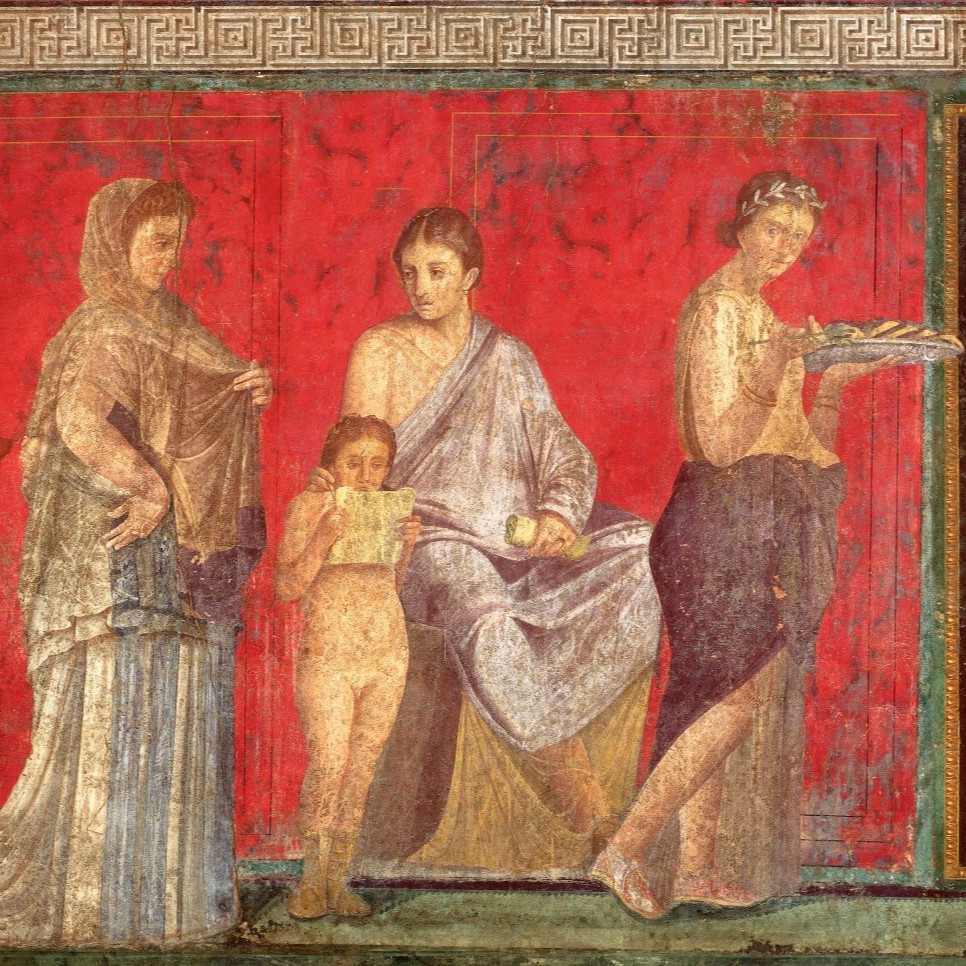Translated from french with Deepl (please notify us of errors)

The news has caused quite a stir. Not only in archaeological circles, but also beyond: the recent discovery of a portion of the porticus minucia, one of the places where the Roman authorities distributed free wheat. Even if the place and its function were already known, its partial discovery sheds new light on a whole area of the social, political and economic history of ancient Rome, from the Republic to the end of the Empire.
According to the most plausible estimates, Rome was a sprawling metropolis with a population of 1 million at the time of Augustus. That’s just as many mouths to feed. According to large estimates, the city must have received between 200,000 and 400,000 tonnes of wheat every year.
Although wheat had been sold at low, fixed prices since the end of the 2nd century BC, the first person to introduce free distribution of this precious grain was Publius Clodius Pulcher, in 58 BC. This politician, a fierce opponent of the senator and philosopher Cicero and father of Clodia Pulchra, the first wife of Octavian, the future emperor Augustus, was of patrician descent. However, he made a transition to the plebs (transitio ad plebem). He was then elected tribune of this social category. From then on, he devoted a good part of his life to passing laws favourable to the people, including a lex frumentaria (law on wheat).
I came, I saw, I spared
The beneficiaries of these distributions, which cost 64 million sesterces a year, numbered 320,000, i.e. all the Roman citizens of the Eternal City, i.e. men of full age and free, many of them peasant soldiers who had lost their land in battle. Julius Caesar halved the number of beneficiaries – the lottery was held at the time – and the emperor Augustus fixed it at around 200,000, but not without having felt like calling a halt to everything.
Suetonius recounts:
“During a great barrenness which it was difficult to remedy, he [Augustus] conceived the project of abolishing for ever the distributions of grain, because, relying on them, the cultivation of the land was being neglected; but that he abandoned this design, because he was persuaded that one day these liberalities might be restored, as a means of seduction.
Since then he has arranged his affairs in such a way as to protect the interests of farmers and merchants as well as those of the people.”[1]

Augustus’ policy on wheat consisted above all in the permanent establishment of the Cura annonae (the wheat supply administration), headed by the praefectus annonae, one of the three most important senior Roman civil servants along with the praefectus Urbis (a kind of mayor) and the praefectus vigilum (chief of police). The praefectus annonae was responsible not only for distribution, but also for organising the transport and sale of this essential raw material from the four corners of the Empire.
Panem et circenses
Of course, almost every emperor did his bit, if you dare say so, to ingratiate himself with the population. Among them was Trajan, known for his generosity in distributing food and organising sumptuous shows. In fact, it was during his reign that the satirical author Juvenal penned a phrase that has gone down in history, to the effect that the Romans were only interested in bread and circus games, the famous panem et circenses.
Trajan’s successor, Hadrian, increased the amount of wheat distributed per recipient from 5 to 7 modii[2] per citizen per month.
A century and a half later, when Rome was experiencing a serious crisis, Aurelian replaced the distribution of wheat with the distribution of bread. He also increased the size of loaves, but not their price, and organised bakers into congregations, just like the butchers and boatmen of the Tiber.
What did all this have in common? It’s easy to understand: the distribution of wheat guaranteed social peace and ensured Rome’s role as the beacon of the Empire.
1 Suetonius, Augustus, 42, 4 et 5: Magna uero quondam sterilitate ac difficili remedio cum uenalicias et lanistarum familias peregrinosque omnes exceptis medicis et praeceptoribus partimque seruitiorum urbe expulisset, ut tandem annona conualuit, impetum se cepisse scribit frumentationes publicas in perpetuum abolendi, quod earum fiducia cultura agrorum cessaret; neque tamen perseuerasse, quia certum haberet posse per ambitionem quandoque restitui.
Atque ita posthac rem temperauit, ut non minorem aratorum ac negotiantium quam populi rationem deduceret2 The modius was a unit of measurement for solid volumes. One modius corresponded to approximately 8.75 litres.
To find out more
- Soprintendenza speciale di Roma, Porticus Minucia Frumentaria, nuovi ritrovamenti archeologici in via delle Botteghe Oscure, 27 February 2024.
- Canal-U, La distribution de blé à Rome, conférence filmée de Sophie Madeleine et Philippe Fleruy.
March 2024, reproduction prohibited
Other articles in English from the Nunc est bibendum blog








